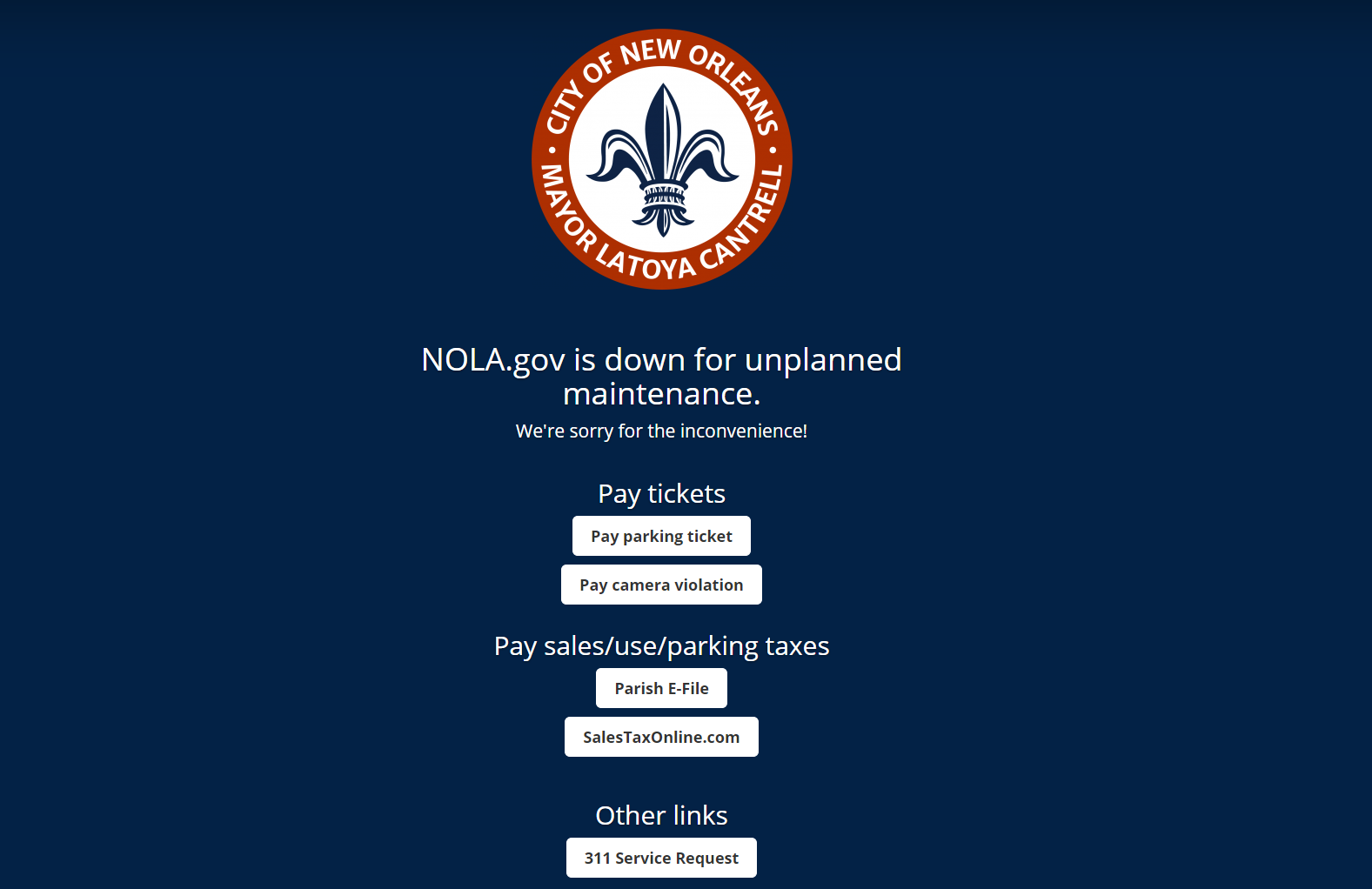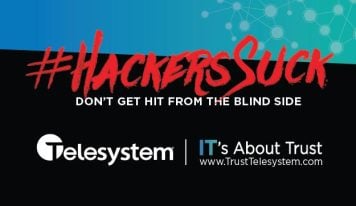New Orleans announced a cyberattack state of emergency this past Friday.
Why? Simply because someone most likely clicked on a link and infected the entire network – locking up all the files and rendering them useless unless they are either restored from backup or a ransom is paid and the hacker decides to unlock the files.
The city is using pen and paper to conduct business in the meantime.
We called them this morning to find out what the status is and a live operator directed us to voicemail. We have yet to hear back – even though we also emailed the office of New Orleans Mayor LaToya Cantrell.
We mentioned above, restoring files is one option when you are hit with a ransomware attack. You need to make sure to wipe the machine and reinstall first.
The conventional wisdom has been in the past, if you have backups that are good -perhaps an hour old or maybe a day, you don’t lose a lot of work if you don’t pay the hackers.
You just restore your files and ignore the ransom demands.
This is what the City of Baltimore did for example.
The challenge is ransomware attackers are now threatening to leak victim data.
This means backups alone are not enough. You need to take steps to minimize clicks on malicious links.
Basically – if this new tactic spreads, infected organizations will have to pay or risk massive reputational and other damage – lawsuits, etc.
We may have just turned the corner on ransomware as an even more lucrative endeavor for hackers. It could be a real game-changer, meaning even more people entering the hacking space.
Not good news at all.
How do you stay secure or at least drastically reduce the risk? Follow these three steps to start:
1) Read cybersecurity essentials – a simple list that will help most organizations become far more secure.
2) Go to a phishing simulation vendor now and sign up for one of their offerings. Phishing Box, KnowBe4 and Phish360; are all great. This is needed to train workers by testing them without their knowledge by sending real-looking emails to their inboxes. If they click, they are immediately trained on what not to do.
3) We also recommend you get a free evaluation of your cybersecurity risk from an MSP/MSSP immediately – they can also help you build in the needed compliance to reduce the risk of being fined






